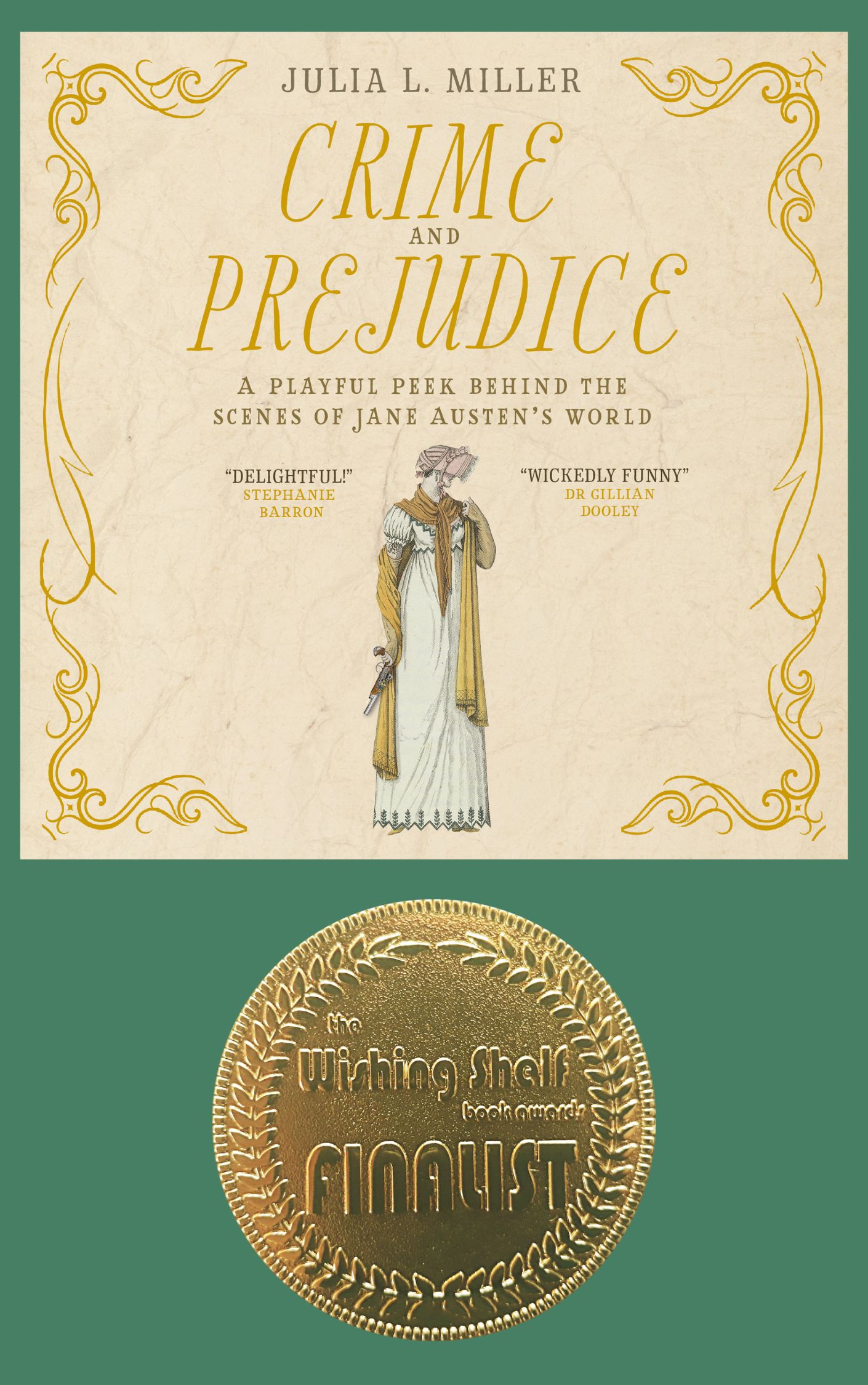I didn’t say she couldn’t sing

Do you like audiobooks? There is an increasing tendency to use AI for narration, but real human voices highlight meaning and nuance that an AI voice can never achieve.
Have a look at this scene in Pride and Prejudice:
[W]hen supper was over, singing was talked of, and [Elizabeth] had the mortification of seeing [her sister] Mary, after very little entreaty, preparing to oblige the company. By many significant looks and silent entreaties did she endeavour to prevent such a proof of complaisance [willingness to please],—but in vain; Mary would not understand them; such an opportunity of exhibiting was delightful to her, and she began her song. Elizabeth’s eyes were fixed on her, with most painful sensations; . . . Mary, on receiving amongst the thanks of the table the hint of a hope that she might be prevailed on to favour them again, after the pause of half a minute began another. Mary’s powers were by no means fitted for such a display; her voice was weak, and her manner affected. Elizabeth was in agonies . . . She looked at her father to entreat his interference, lest Mary should be singing all night. He took the hint, and, when Mary had finished her second song, said aloud,—
“That will do extremely well, child. You have delighted us long enough. Let the other young ladies have time to exhibit.”
Mary, though pretending not to hear, was somewhat disconcerted; and Elizabeth, sorry for her, and sorry for her father’s speech, was afraid her anxiety had done no good.’
Poor old Mary. And poor Elizabeth, who has been mortified by her family’s behaviour all evening. Mary’s singing and their father’s rebuke are the last straw.
And yet, if anyone had asked Elizabeth directly, she would have been reluctant to criticise her sister in public. Her reply might have been: I didn’t say she couldn’t sing.
In English, we can place the word stress in different ways so that we have at least five meanings:
I didn’t say she couldn’t sing. Don’t look at me. We all thought it when we heard her warbling, but someone else said it.
I didn’t say she couldn’t sing. You might accuse me of saying that, but I didn’t.
I didn’t say she couldn’t sing. I might have thought it, but I never expressed the idea out loud!
I didn’t say she couldn’t sing. I said she didn’t sing much, or she was unwilling to sing in our presence, or, quite frankly, she shouldn’t sing, because it sounds terrible, but I didn’t actually say she was incapable of singing.
I didn’t say she couldn’t sing. I said she couldn’t play the piano, which was pretty obvious when you heard her.
As we read elsewhere, ‘Mary had neither genius nor taste; and though vanity had given her application, it had given her likewise a pedantic air and conceited manner, which would have injured a higher degree of excellence than she had reached.’
In other words, she hasn’t got much talent, but she likes showing off. There is so much subtle wit hidden in these sentences, and a skilled narrator can highlight the humour by emphasising different words, and even syllables, to enhance the irony.
If you like audiobooks, I hope you enjoy the audio version of Crime and Prejudice. Melanie Crawley’s narration is wonderful. You can get a taste of it here. She brings life to all the characters with her host of different voices.
The process of producing the audiobook was a fascinating one to me. Melanie read the stories several times in her studio and queried words that might have been pronounced differently in Jane Austen’s time. Maria, for instance, was pronounced Mar-EYE-a, not Mar-EE-a. She then made a 15 minute sample recording so I could see how she was voicing the different characters. Then she recorded the whole book and an editor checked her recording against the manuscript to see that no words were missing (the equivalent of typos in a printed book). Finally, when we were all happy, the recordings were mastered and uploaded to Dreamscape for distribution. Dreamscape makes it possible for the audiobook to appear on lots of different platforms, including Amazon’s Audible (which I couldn’t upload to from Australia), and that’s been really helpful.
All of this underscores to me the importance of hiring a skilled voice actor with top recording facilities. In a nutshell, I’m not saying AI can’t narrate a book; I’m saying that nothing can beat a human actor when it comes to book narration.



